BLOGS
Financial Insights and Expert Advice
Join us as we explore the intricacies of accounting, taxation, financial planning, and more. Let’s embark on this journey together
Choose by Category
- All
- General
- CIS
- Frequently Asked Questions
- Taxes
- VAT
- HMRC
- Business
- Payroll and Employment
- Pension
- Self Assessment
- Company Car
- Corporation Tax
- Director
- PAYE
- Job Support Scheme
- Property Landlords
- Self-Employed
- SDLT
- QuickBooks
- MTD
- National Insurance
- COVID-19
- The Budget
- Regulations and Schemes
- SEISS
- Allowances
- Advisory and Resources
- Self-Employment and SMEs
- Companies House
- Software
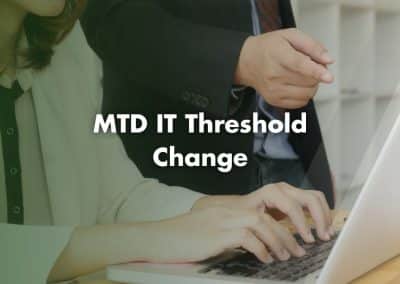
The UK Government is accelerating its rollout of Making Tax Digital for Income Tax (MTD IT) and recent ...
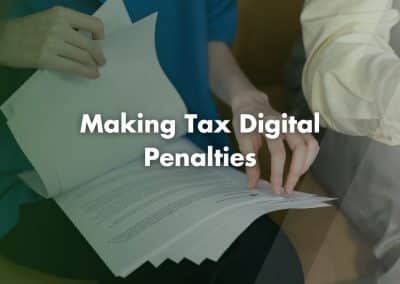
With the gradual rollout of Making Tax Digital for Income Tax (MTD IT), HMRC is introducing a new penalties ...
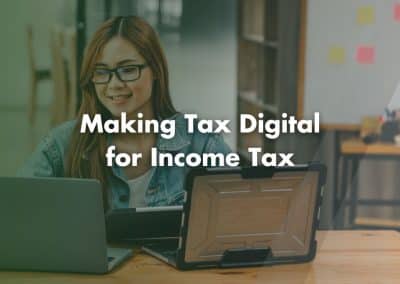
Making Tax Digital (MTD) for Income Tax is changing how sole traders and landlords keep records and report income ...
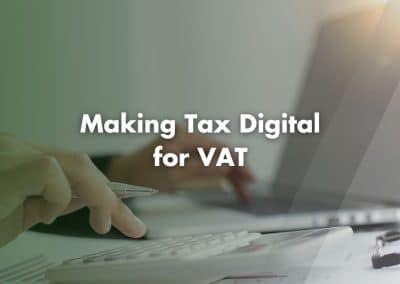
Making Tax Digital (MTD) is a government initiative to modernise the tax system, making it more effective and ...
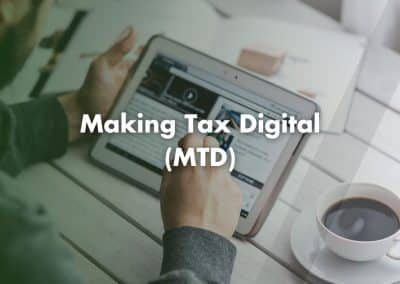
Making Tax Digital (MTD) is a government initiative to modernise the tax system by encouraging businesses, ...
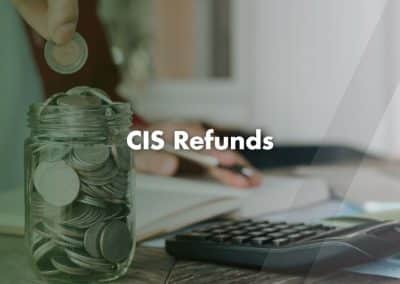
A CIS tax refund is the money HMRC returns to subcontractors who have overpaid their tax through the Construction ...

As a director of a limited company in the UK, you have flexibility in how you pay yourself. The most tax-efficient ...
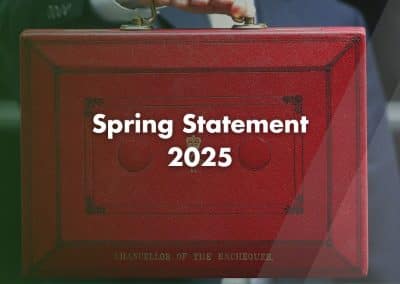
The Spring Statement 2025, introduced by Chancellor Rachel Reeves, comes with a strong focus on fiscal discipline, ...
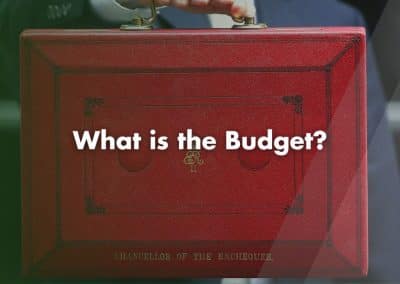
The UK Budget is a financial statement presented by the Chancellor of the Exchequer. It outlines the government's ...
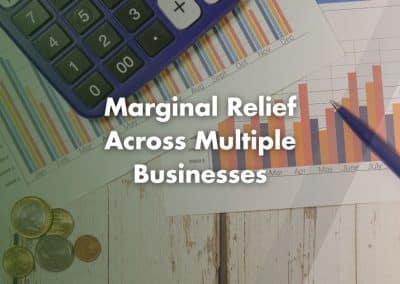
Marginal Relief helps businesses with moderate profits pay less Corporation Tax. However, if you own multiple ...

As a company director, your Director's National Insurance Contributions work slightly differently compared to ...
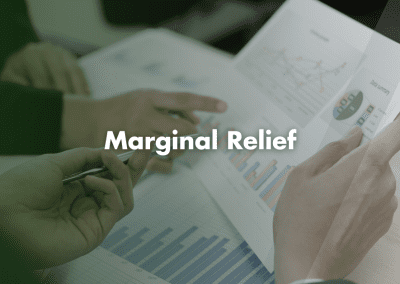
Marginal Relief is a tax relief scheme that helps companies reduce their Corporation Tax bill if their profits ...

If you are a UK taxpayer, you will not have to pay tax on your lottery winnings. Whether you win a small sum or a ...

Gambling is popular in the UK, and like many other industries, it is subject to taxation. Whether you run a ...

Betting on horse races is a cherished pastime in the UK. It also forms a significant part of the sports betting ...

With the tax year ending on 5th April 2025, now is the time to review your finances and take advantage of ...
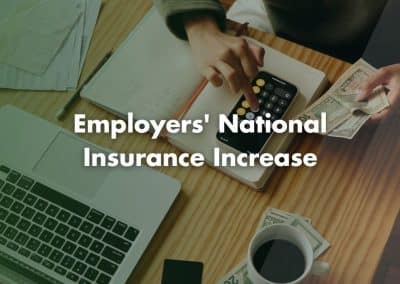
From 6th April 2025, there will be an increase to Employers' National Insurance Contributions. These changes will ...

From April 2025, changes to company size classifications will make financial reporting simpler for thousands of ...
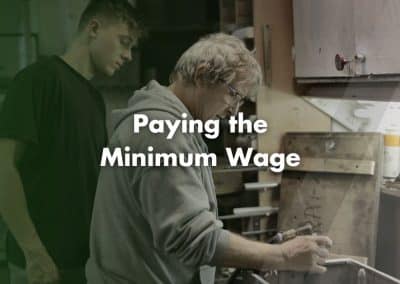
The UK Government takes paying the National Minimum Wage (NMW) and the National Living Wage (NLW) seriously. HMRC ...
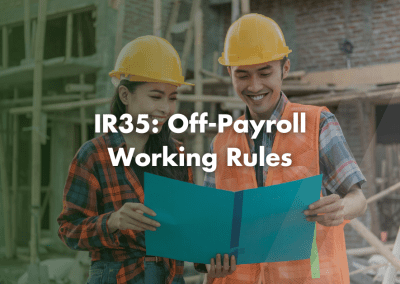
The Off-Payroll Working Rules, commonly known as IR35, ensure that contractors pay similar Income Tax and National ...
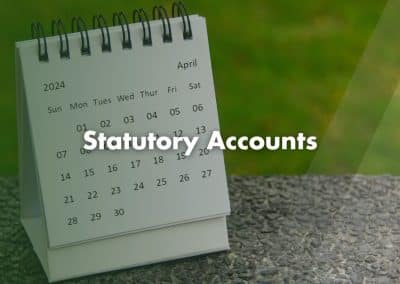
Companies prepare Statutory Accounts as official financial reports at the end of every financial year. These ...

A limited company owns its money. So, when a director takes cash for personal use, the company must record it ...

HMRC introduced the Property Income Allowance as a tax exemption, which allows individuals to earn up to £1,000 ...

HMRC introduced the Trading Income Allowance as a tax exemption, which allows individuals to earn up to £1,000 per ...
